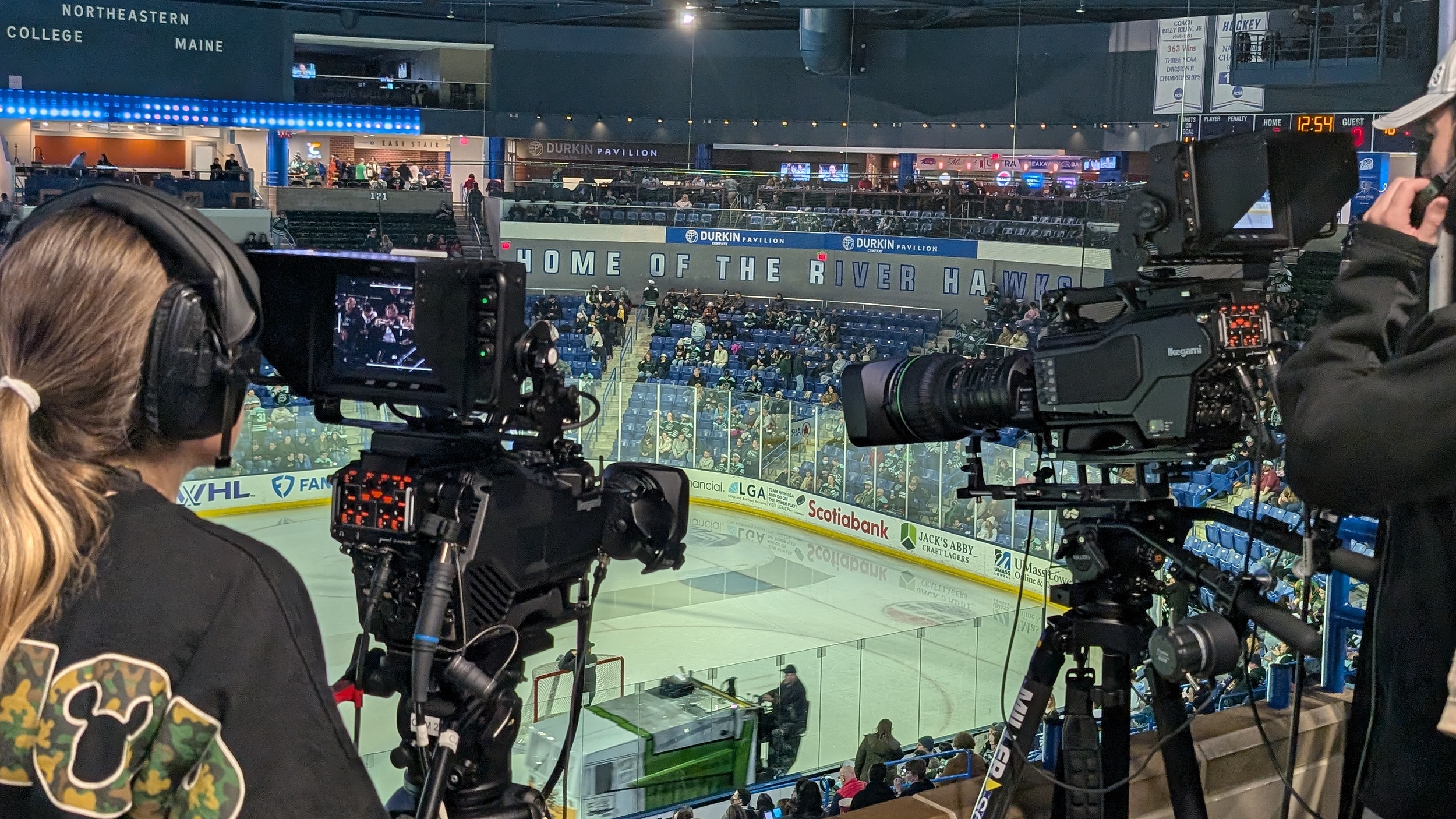The World Radiocommunications Conference 2012 (WRC-12) concluded last week with the signing of the Final Acts. The Final Acts are only available by subscription, but were summarized in the ITU news release World Radiocommunication Conference sets future course – 153 countries sign treaty governing spectrum and satellite orbits. WRC-12 placed the issue of terrestrial mobile broadband applications in the 694-790 MHz band on the agenda for WRC-15 together with "the need to consider additional spectrum allocations for the mobile service." Although this specific issue, like several other actions listed, do not apply to the Americas (Region 2).
In his closing remarks, ITU Secretary-General Dr. Hamadoun I. Touré said, "Mobile broadband requirements were adequately addressed – and the decisions of WRC-12 in this respect are a clear message to governments and industry of the importance placed by membership in the role of wireless in making broadband accessible to all. This conference also addressed the issue of the digital dividend in a very elegant fashion, and this now provides for a great deal of global harmonization of the use of the 700 MHz band for all regions by the services which most need it."
WRC-12 took steps to increase efficiency in the use of satellite spectrum/orbit resources. The ITU release notes, "WRC-12 improved the satellite coordination by reducing the coordination arc in parts of the most congested spectrum and agreed to look into the possibility of further reductions." WRC-12 mandated the ITU Radiocommunication Bureau initiate inquiries "to administrations to provide information on the movement of satellites."
WRC-12 paid attention to Earth observation radiocommunication applications, including weather satellites. Dr. Hamadoun I. Touré said, "This not only allows the accuracy of weather forecasting to be maintained and improved, but is also crucial in monitoring and predicting climate change – for disaster prediction, monitoring and mitigation; for increasing the understanding, modeling and verification of all aspects of climate change; and for related policy-making. Earth observations are also used to obtain pertinent data regarding natural resources, and this is particularly crucial for developing countries. Finally, observations of the Earth's surface are used for a wide variety of other applications – for example, in urban development, and in the deployment of utilities, agriculture and security."
The ARRL release WRC-12 Comes to a Close in Geneva includes details on specific frequency bands affected and reports that WRC-12 delegates approved an allocation at 472-479 kHz for amateur radio use with significant restrictions to avoid interference to other services and a power limit of 1 W EIRP, with administrations having an option to permit up to 5 watts EIRP at locations more than 800 km from certain countries that wish to protect their aeronautical radionavigation service from interference.
The professional video industry's #1 source for news, trends and product and tech information. Sign up below.

Doug Lung is one of America's foremost authorities on broadcast RF technology. As vice president of Broadcast Technology for NBCUniversal Local, H. Douglas Lung leads NBC and Telemundo-owned stations’ RF and transmission affairs, including microwave, radars, satellite uplinks, and FCC technical filings. Beginning his career in 1976 at KSCI in Los Angeles, Lung has nearly 50 years of experience in broadcast television engineering. Beginning in 1985, he led the engineering department for what was to become the Telemundo network and station group, assisting in the design, construction and installation of the company’s broadcast and cable facilities. Other projects include work on the launch of Hawaii’s first UHF TV station, the rollout and testing of the ATSC mobile-handheld standard, and software development related to the incentive auction TV spectrum repack. A longtime columnist for TV Technology, Doug is also a regular contributor to IEEE Broadcast Technology. He is the recipient of the 2023 NAB Television Engineering Award. He also received a Tech Leadership Award from TV Tech publisher Future plc in 2021 and is a member of the IEEE Broadcast Technology Society and the Society of Broadcast Engineers.
